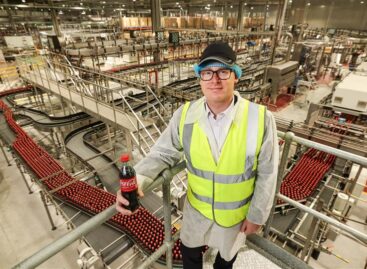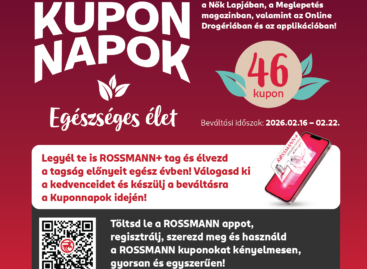In Hungary, there is no need to fear esophageal-causing carbonated drinks
Coca-Cola HBC Hungary is aware of the situation in Croatia due to the company’s esophagus-splitting products, however, according to their official statement, there is no need to worry about poisoning in the hospital from the carbonated soft drinks distributed by Coca-Cola.
In a statement, the company explains that the events in Croatia do not affect the products in circulation in Hungary, and that their Croatian company has already taken measures to protect the safety of the population. During the official investigation into the case, their colleagues are fully cooperating with the local authorities. Despite the internal investigation, the reasons have not yet been determined.
In Croatia, there have been several reports of people being hospitalized after drinks from one of the manufacturers damaged their esophagus. The police are also investigating the case to determine whether there is a real threat and, if necessary, to initiate legal proceedings. There have been several confirmed cases related to the case. Coca-Cola’s Croatian and Austrian headquarters also spoke on the matter, and it turned out that the symptoms of poisoning were related to carbonated drinks. However, it is still unclear which part of the manufacturing process went wrong. The health minister advised everyone to be careful and drink only water if possible, as bottled drinks in two different countries are suspected to be affected.
Related news
Coca-Cola HBC expands in Africa with bottling M&A
🎧 Hallgasd a cikket: Lejátszás Szünet Folytatás Leállítás Nyelv: Auto…
Read more >Related news
Rossmann’s first own coupon booklet is published
🎧 Hallgasd a cikket: Lejátszás Szünet Folytatás Leállítás Nyelv: Auto…
Read more >








